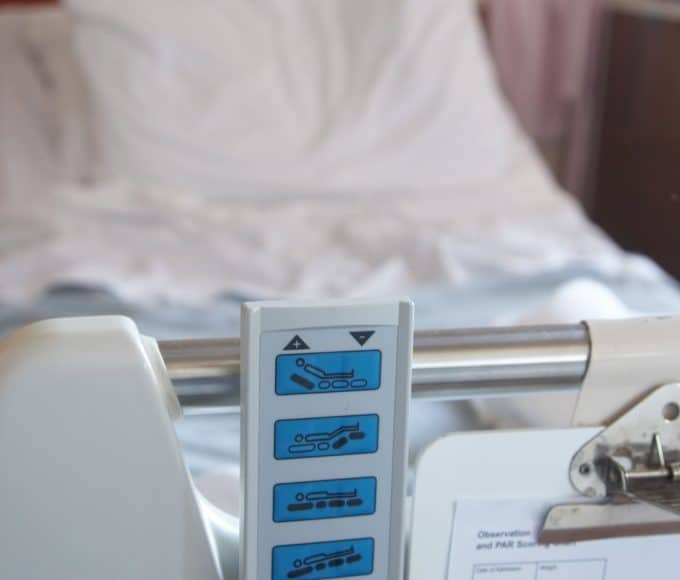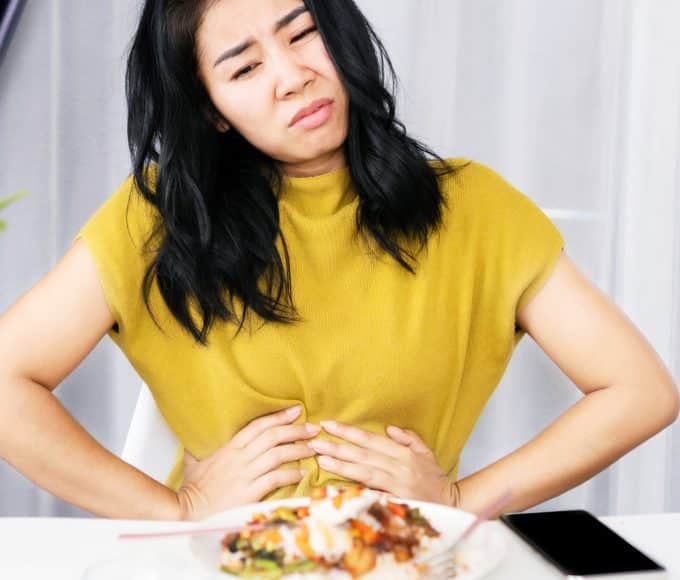 Hypoactive sexual desire disorder (HSDD) is a common female sexual dysfunction. It directly affects the sex drive and contributes to numerous other problems. To treat this female sexual disorder, women must better understand it.
Hypoactive sexual desire disorder (HSDD) is a common female sexual dysfunction. It directly affects the sex drive and contributes to numerous other problems. To treat this female sexual disorder, women must better understand it.
What is Hypoactive Sexual Desire Disorder?
Hypoactive sexual desire disorder is a form of female sexual dissatisfaction (FSD). Doctors describe it as a persistent lack of sexual desire. It may also involve the absence of sexual fantasies.
Women with HSDD are rarely in the mood for sex. They do not initiate sex with their partners, and they do not seek stimulation for themselves. This lack of desire usually results from relationship problems. Anger, communication problems and trust issues are contributing factors.
What Causes a Lack of Sexual Desire?
Relationship and lifestyle factors obviously affect sexual desire. Sometimes, however, low libido has a medical cause. Depression, medications and menopause are three common medical causes of low female sex drive.
Depression isolates women and causes them to withdraw from sex and other social activities. Many women with hypoactive sexual desire disorder have clinical depression. Their lack of libido may stem from antidepressant medications or from the depression itself.
Antidepressants, birth control pills and other drugs often interfere with libido, sexual arousal and orgasm. This happens when the drugs cause a hormone or chemical imbalance. Since different medications affect women differently, switching to another drug brand or variety may improve sexual desire and treat HSDD problems.
Whether menopause is surgical or natural, it has a tremendous impact to female sexual desire. Menopausal women experience the decline of several important hormones including estrogen, testosterone and progesterone. The decline in libido may be gradual or sudden. Ironically, hormone replacement therapy (HRT) can make things worse. Middle-aged women with HSDD should consider whether or not their sexual problems are due to menopause or other causes.
What Are the Treatments for HSDD?
If their lack of sexual desire has a medical basis, women have several treatment options. Hormone therapy, antidepressant medication and Viagra are three possible solutions.
Women who are taking antidepressants or estrogen replacement should consider testosterone therapy. Normally considered a male hormone, testosterone is also central to female sexual functioning. According to one doctor, “no lover and no amount of sexual stimulation can make up for its absence.”
Certain antidepressants cause a serious loss of libido in up to 60 percent of the women who are taking these drugs. The solution is the switch to a medication that is known to have fewer sexual side effects. Alternatively, women can request lower doses of their current medication.
Finally, the little blue pill that has done wonders for men may help with the female sex drive. Studies show that Viagra improves the sexual experience for some menopausal women. However, women must have the desire to engage in sexual activity, and they must be stimulated enough for the pill to work.












